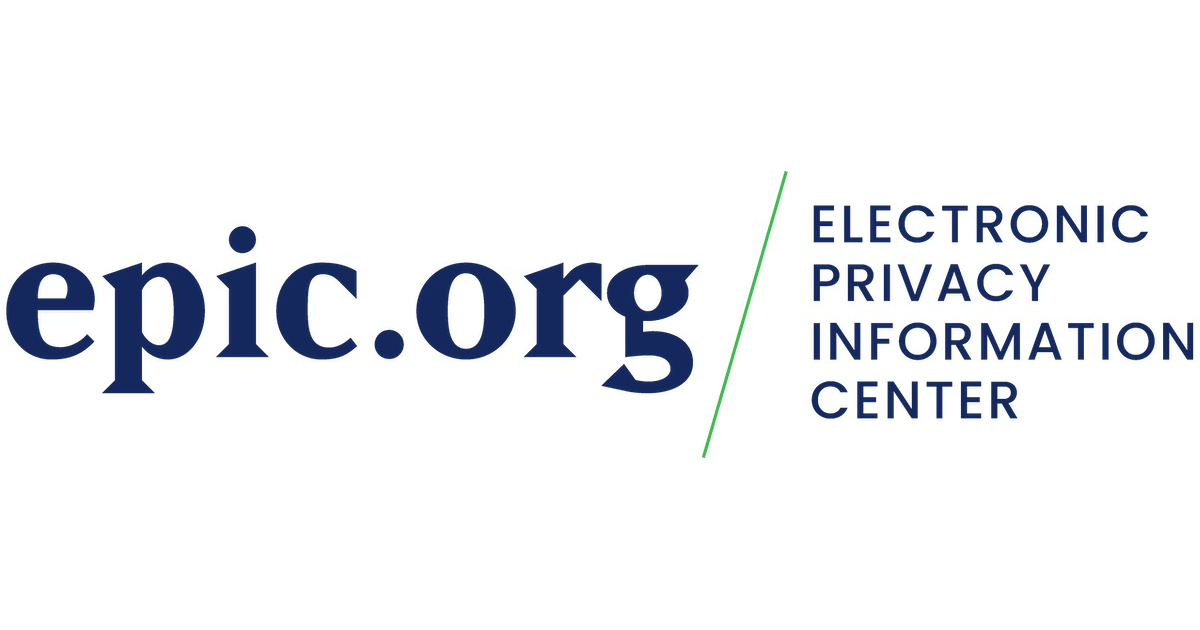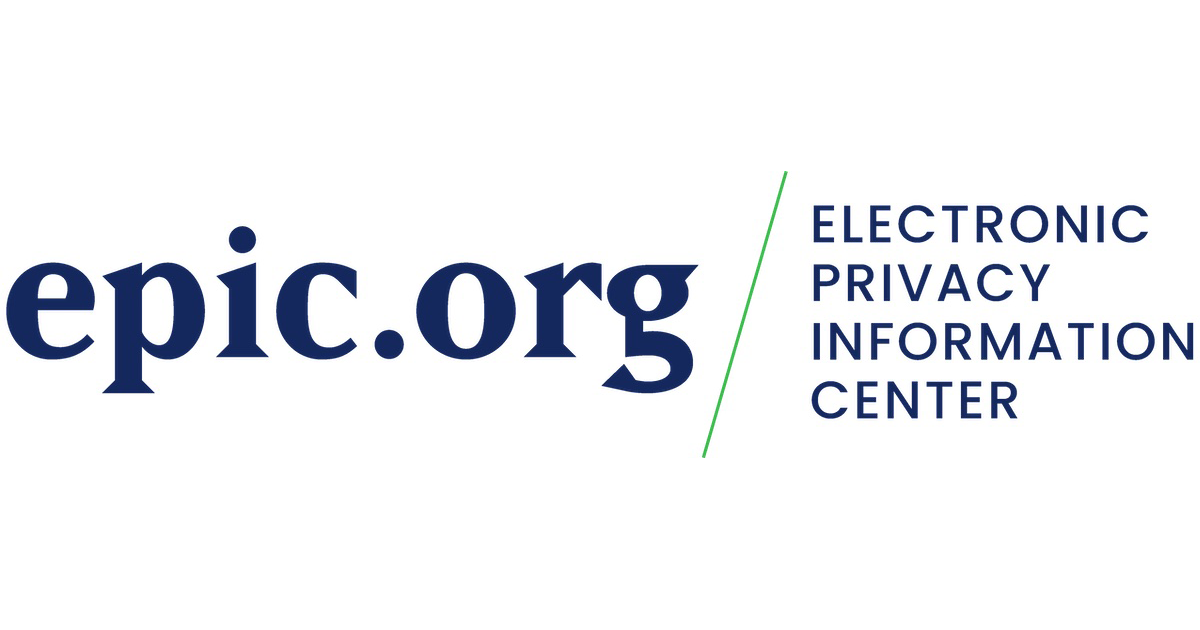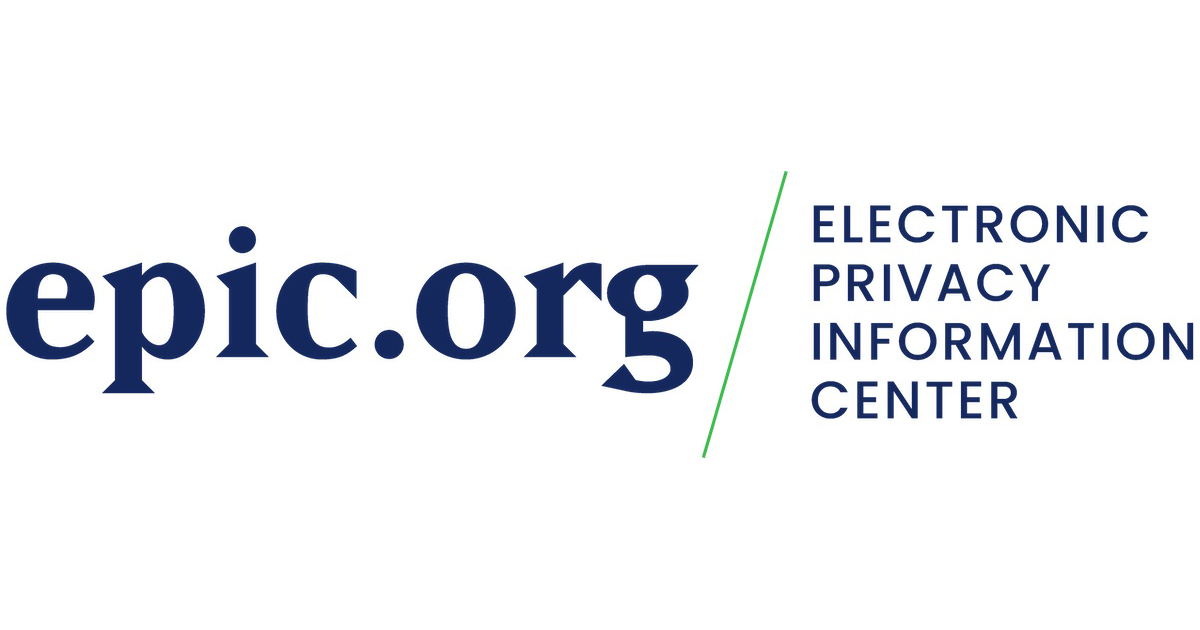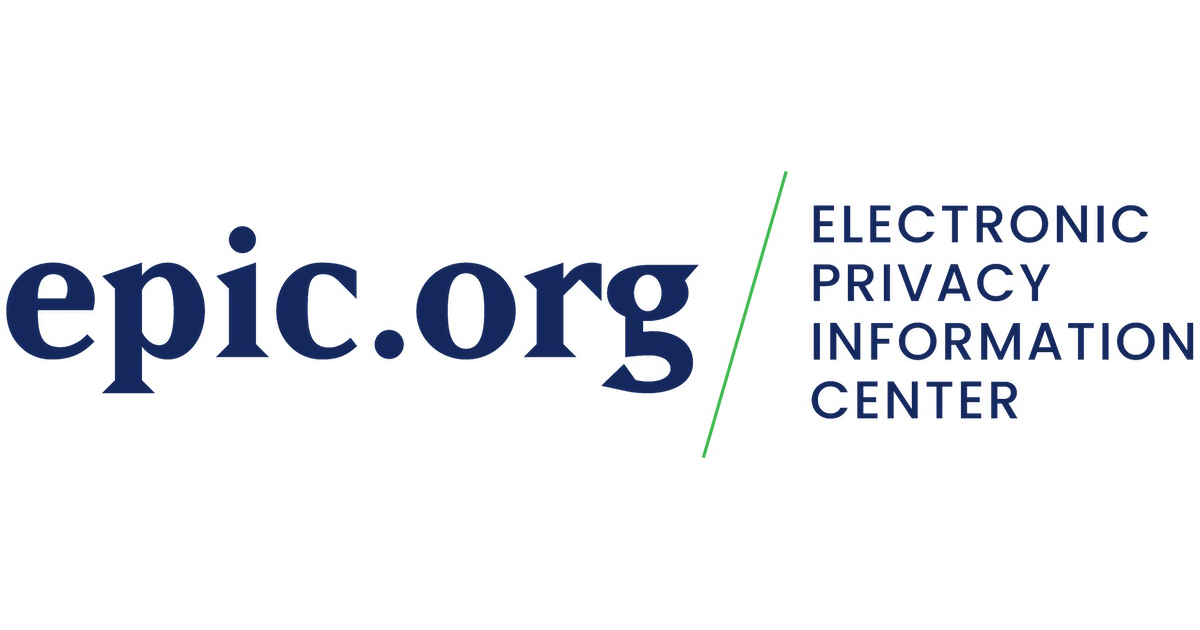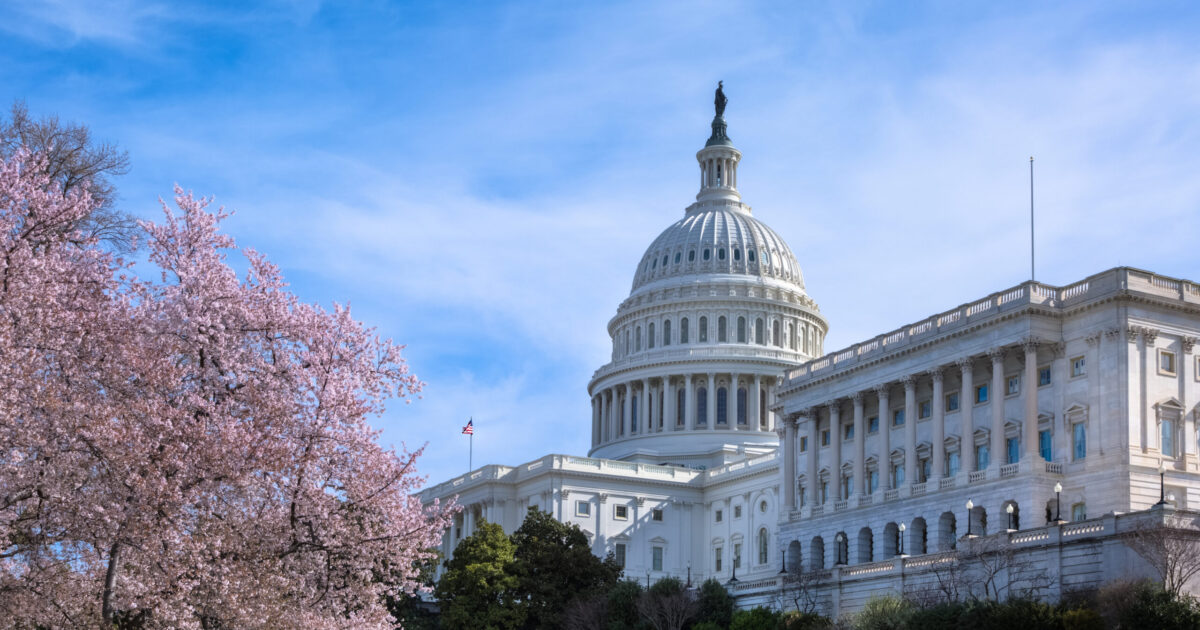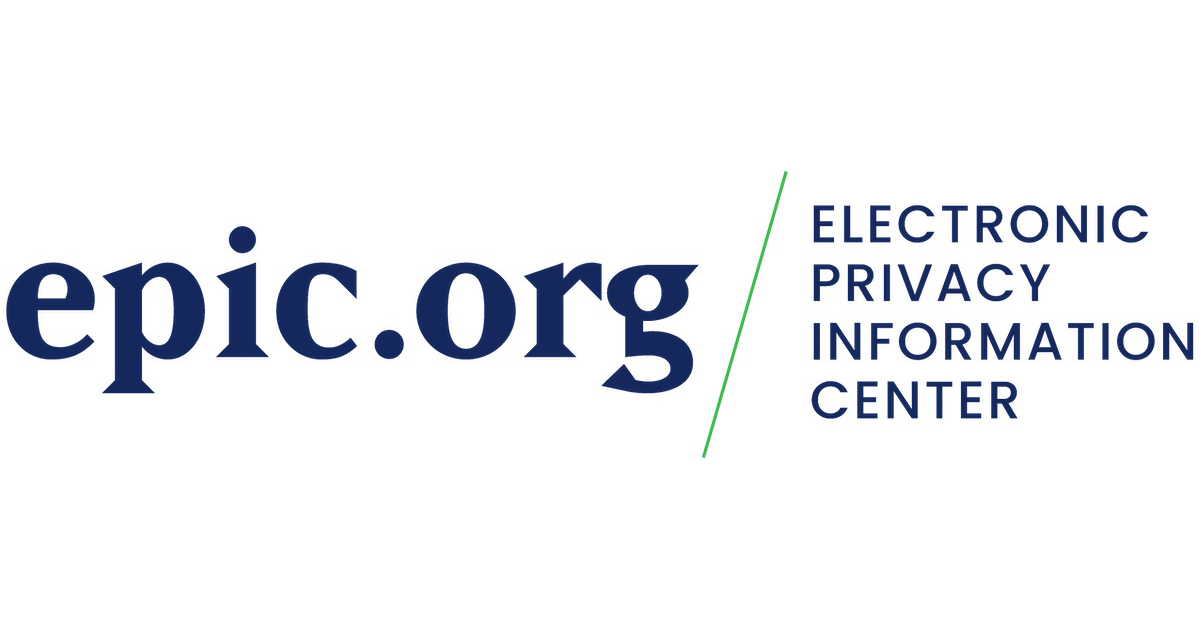139
There are many of prepper supplies that you know you need and that you probably already have. But there are some important items that you are probably missing. It took me a long time in my years of prepping to realize their value and I see new – and even experienced – preppers not considering these supplies.
Rather watch than read? Here’s my video.
In today’s video we are going beyond beans, bullets, and bandages to explore some of the more… under-appreciated – overlooked – uncommon supplies that every prepper should have stocked.
Important to note, these are items for a LONG-TERM collapse. I’m not going to cover anything that you need for a short-term power outage or natural disaster type of situation. I’m talking about items to stock for an extended crisis. An apocalypse. Doomsday.
 Life after SHTF will be difficult, but it will be even more difficult without the right prepper supplies.
Life after SHTF will be difficult, but it will be even more difficult without the right prepper supplies.
5 Common Uncommons
Now I want to touch on what I’m NOT going to list as the most overlooked prepper supplies. I call these Common Uncommons. By that I mean, they’re items beyond beans, bullets, and bandages, but they’ve been covered enough times by others who say “don’t forget about this” that they’re now “common” uncommon items… if that makes sense.
There are what I consider to be 5 common uncommons.
1 – Sanitary Napkins
The first is sanitary napkins, or menstrual pads. This has been discussed to death. Many men say to stock them because you can also use them for stopping bleeding from gunshot wounds and the like – something that has been widely debunked in the medical community I might add.
As for women, they already know they need to stock pads. In fact, there have even been books published on this topic. See Period Prepper if you want to learn more.
2 – Entertainment
The second is board games or other means of entertainment. This has been discussed at length. But if you don’t have any form of entertainment that doesn’t include a game controller or handheld electronic device, get some now, get a deck of cards at a minimum.
 Playing video games in the wasteland won’t be…
Playing video games in the wasteland won’t be…
Continue reading here
